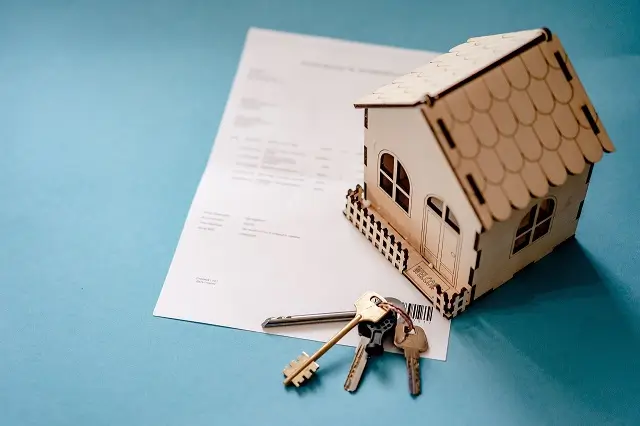Mortgage Basics
Home Mortgage Basics
A home loan, in which the property secures the loan of money to a person, is defined as a mortgage. Because relatively few would have saved up enough money to pay cash for a home, it means that more people will be able to buy a home than otherwise would have been able to afford. Terms of mortgages include interest rates and how long to repay; all of this information should be known when entering into a mortgage contract.
Home Mortgage Types
- Fixed-Rate Mortgage: The interest rate is locked in for the life of the loan, so it is best for people who want their payments to be consistent every month.
- Adjustable-Rate Mortgage (ARM): The interest is fixed for a specific period and then altered in response to current market conditions.
- FHA Loan: Guaranteed by the Federal Housing Administration, this is one of the most popular loans for first-time buyers because they require a smaller down payment and looser credit requirements.
- VA Loan. Available to qualified veterans and military personnel, VA loans, in most instances, do not require a down payment and also do not have private mortgage insurance (PMI).
- Jumbo Loan. This loan is for houses that are priced beyond the conforming loan limits set by Fannie Mae and Freddie Mac, and as such, typically require higher credit scores and larger down payments.
Mortgage Application Checklist
- Income: Recent pay stubs, W-2s, tax returns
- Assets: Bank statements, investment accounts
- Credit report: the lending officer will check your credit score and history
- Employment verification: notice or reference by your employer
- Debt information: all loans, outstanding debts

Credit
Your credit score is an important factor in getting approved for a mortgage as well as the interest rate you'll qualify for. The higher your credit score, the better the loan terms. Generally, the lower your credit score, the more documentation you'll need to provide and the higher interest rates you'll be exposed to.

Closing Costs
In closing costs, you'll pay fees and expenses to complete the home purchase, including:
- Origination fees
- Title insurance
- Escrow fees
- Appraisal fees
- Attorney fees These range from 2 per cent to 5 per cent of the purchase price of the home.

Appraisals
An appraisal is an objective professional assessment of the market value of a home; lenders are hence looking for an appraisal to ensure that it is worth the amount lent. This ensures that the lender only lends the money that is equal to the house's value.

Private Mortgage Insurance (PMI)
PMI is insurance that will protect the lender in case you fail to pay your mortgage. This is typically required if you put less than 20% down on the home. PMI can be cancelled when the owner has sufficient equity in the home.

Refinance
Refinancing means changing your old mortgage loan to a new one for any purpose, such as taking better interest rates, a change in the loan term, or access to your house's equity. Balance closing costs and savings before refinancing.

Foreclosure
Foreclosure occurs when the homeowner can no longer pay the mortgage payment to the lending institution so the lender has to take over the house. Another legal process that will really affect your credit score and very much affects your future in the aspect of money or financial transactions can be sorted out by contacting the lender for other possible alternative options before this foreclosure can take place.

